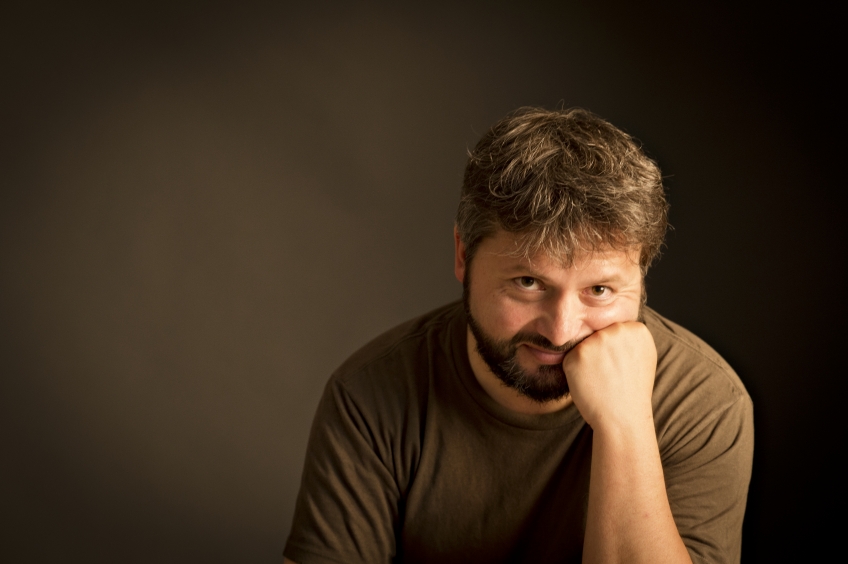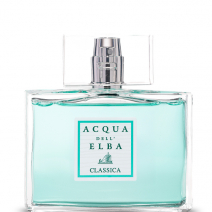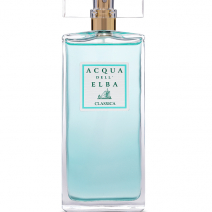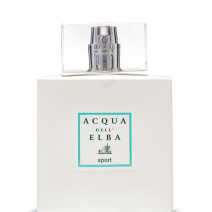
Here is the summary of our encounter with one of the authors who were shortlisted for the book “Racconti di Mare” (“Stories of the Sea”), to be presented during SEIF on Sunday the 30th of June.
Stefano D'Andrea is a truly interesting character. Those who speak current marketing lingo would not hesitate to define him as a “storyteller”, rightly so considering he narrates many stories, through many types of media. He created one of the most amusing internet success stories with “Gatto Morto” (“Dead Cat”), in which he transformed his huge Siberian cat into the main character of surreal and amusing adventures, which invariably end with the cat sprawling into one of those improbable positions, corpse-like indeed, which only cats are able to assume. He is also behind the project “Umani a Milano” (“Humans in Milan”), a series of stark photographic portraits, rich in significance, describing the people he meets on the streets of the city, including the homeless assisted by Progetto Arca, to whom he also dedicated a book and a photographic exhibition. In his book “Il Padre e’ Nudo” (“The Father Is Naked”), he narrated through his ironic yet moving style his own experience with paternity, because “men don’t talk amongst themselves of these things, and somebody had to start doing it somehow”.
One of his most recent works is the novel he wrote for the book “Racconti di Mare”, a project coordinated by the dean of IULM University which will be presented during SEIF – Sea Essence International Festival – on Sunday the 30th of June, within the scope of the workshop “Beauty Will Save the Sea”. We would have preferred to keep his novel under wraps, but Stefano insisted on giving us his own description, so here it is: ‘The story is about a man working with IT networks, who finds himself on a business trip to a town on the Adriatic coast, one of those always full of tourists in the summer, and he stumbles upon a body on the beach. This is why the story’s title is “Stumbling”. He discovers it’s a corpse, so he starts thinking about what would happen if he called the police’.
To try to prevent him from revealing the ending of the story, we asked him about his relationship with the sea, and his answer totally matched the style of his writing: ‘For years the sea has been the place I felt at home, in the water which floats me as I take in the sunset, alone with myself, though close to shore. As I aged, the beach became more and more an uncomfortable, boiling hell one should avoid in order to escape being roasted by the sun, depressed by heat strokes and irritated by the salty air. I therefore learned to enjoy observing it from the hills, taking in its pacifying force. Since my daughter was born, it has gone back to being a wonderful place for her, and thus for me too. You just need some organisation.’.
This is what Stefano is like, completely in love with his little darling Margherita and completely enthusiastic about whatever she likes to do. He is definitely in love but without exhibiting many shows of affection, he is romantic indeed, though in a dry, sometimes sarcastic way, especially towards himself. ‘One of my qualities is to say in 20 words what others need 200 words to say’, confesses Stefano, ‘I am not a poet, just somebody who hates superfluous, useless words which only benefit the writer rather than the reader. That’s the essence for me, getting rid of the tinfoil and ballast.’. An essence which turns out to be thoroughly enjoyable for his readers: come and discover for yourself at SEIF, taking place from the 28th to the 30th of June in Marciana Marina.
This photograph of Stefano D’Andrea was taken by Paolo Carlini.



